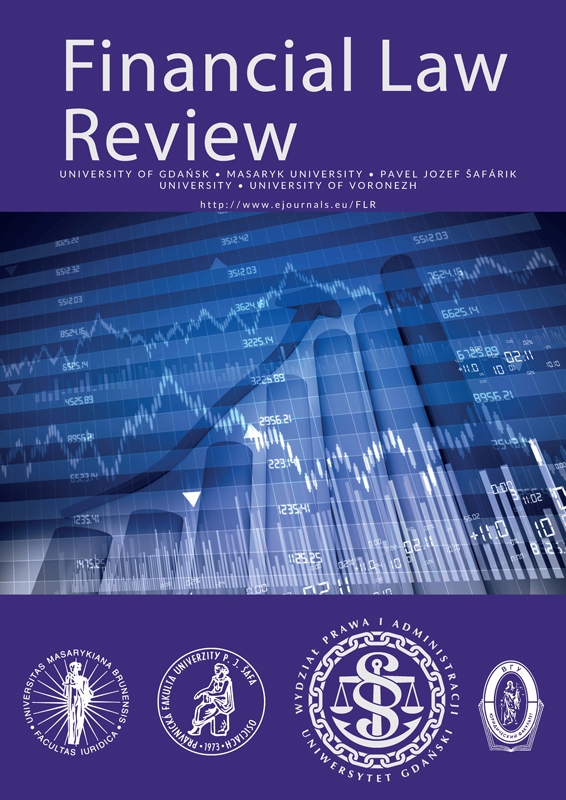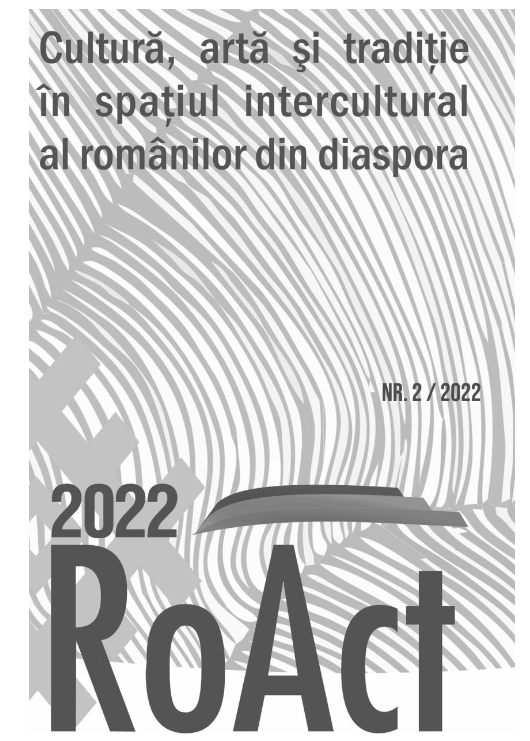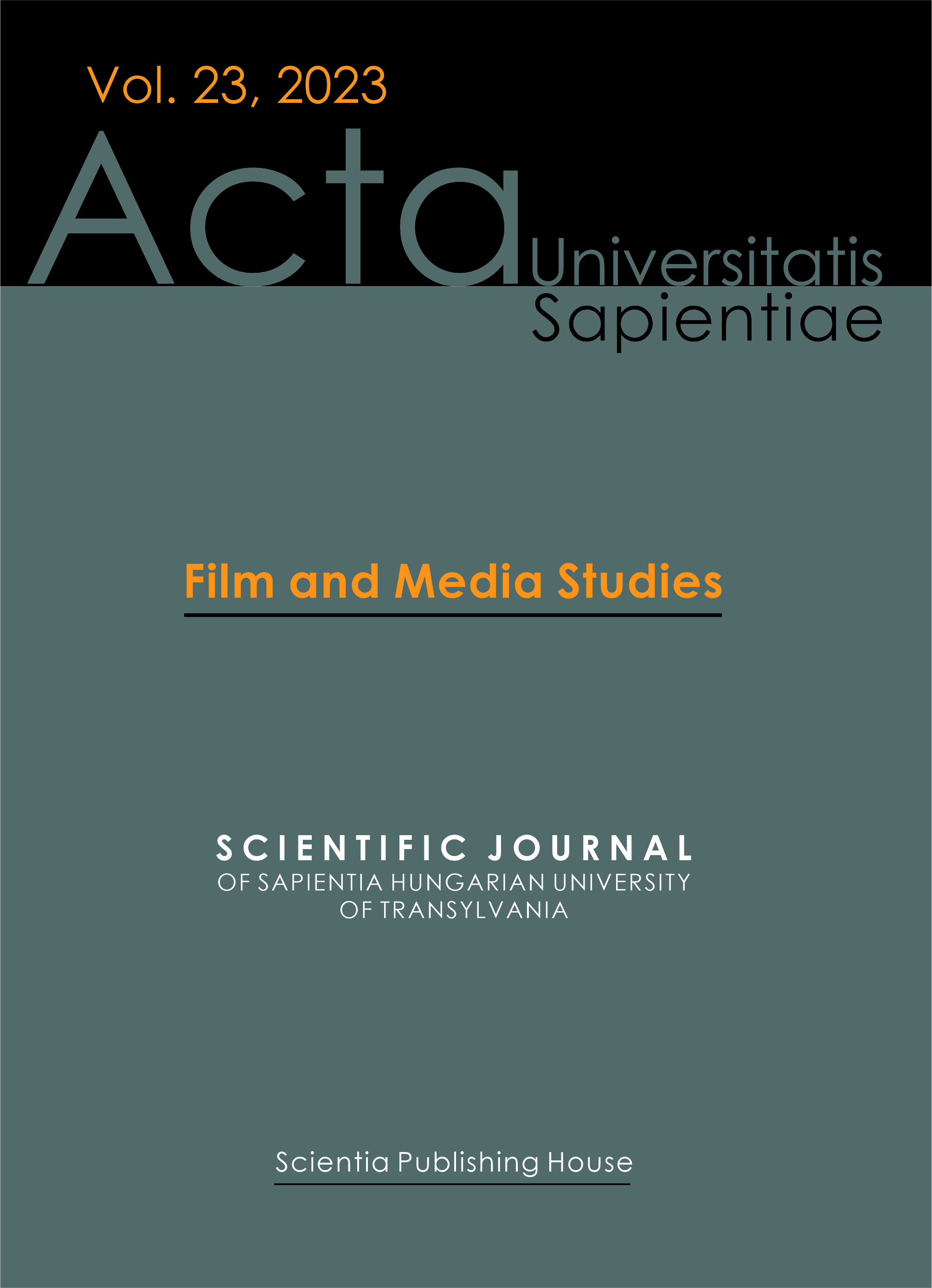
From Business Organizations To Judicial Hierarchies: Error Correction Lessons
From Business Organizations To Judicial Hierarchies: Error Correction Lessons
Keywords: error correction; judicial hierarchy; judiciary; appellate courts; economic entities; organizations; social efficiency; court specialization
In this paper I am trying to answer the question of how analysis of business organizations can be useful in evaluating judicial hierarchy when it comes to error correction. I apply business organizational knowledge to analyse judicial hierarchies by evaluating the economics of the correction of legal errors. The method I use is a multidisciplinary analysis drawing upon law, economics, game theory and business studies. The social, political and economic importance of judges dispensing justice correctly is fundamental; it enhances societal order, cohesion, efficiency, and behavioural predictability. I demonstrate that judicial hierarchies have mixed results in determining and correcting errors made by lower-level courts. During my examination, it becomes apparant that while the current degree of knowledge related to judicial hierarchies is limited, business studies can prove beneficial. I examine the following factors: the organization of modern business hierarchies, the complexities of judicial errors, the tension between individual and societal interests, the judicial process as a quasi-market, market failures and hierarchical solutions, errors as social dilemmas and failures of individual rationality.
More...







